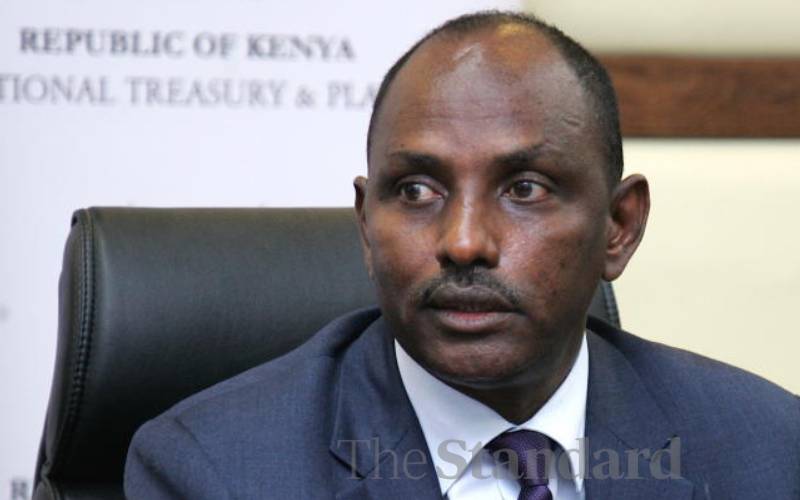×
The Standard e-Paper
Stay Informed, Even Offline

Treasury CS Ukur Yatani. [Wilberforce Okwiri, Standard]
China turned down Kenya’s request for a debt service suspension of Sh32.8 billion that was due between July and December 2021, the National Treasury told the International Monetary Fund (IMF).







